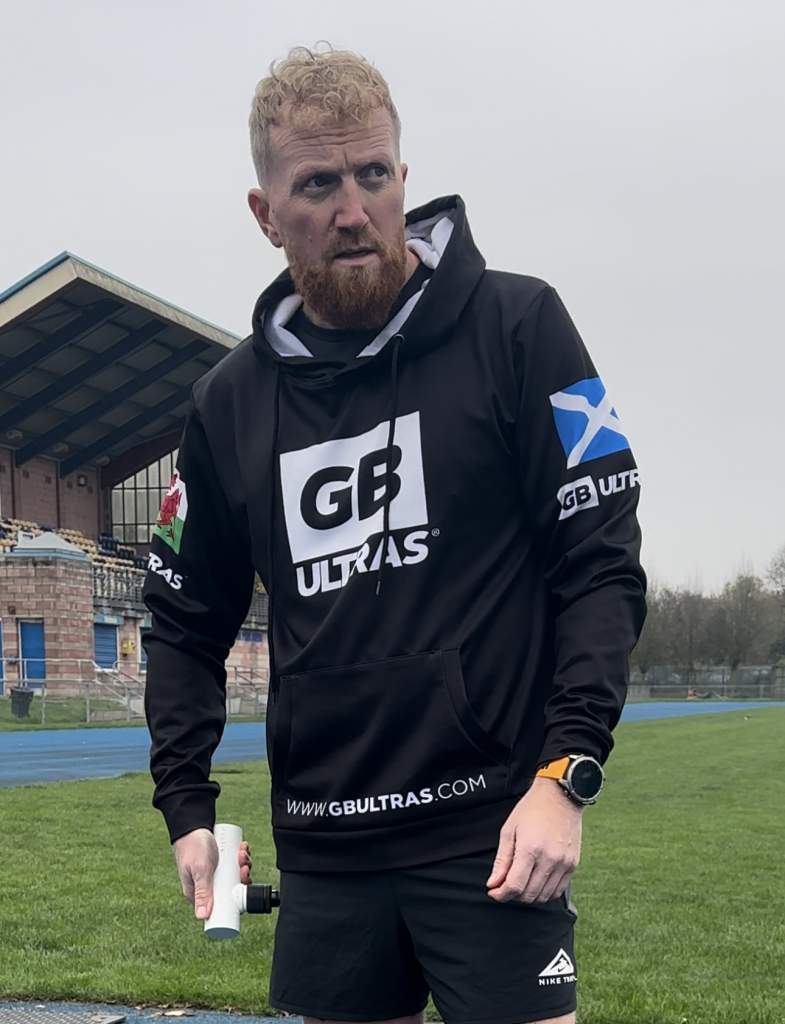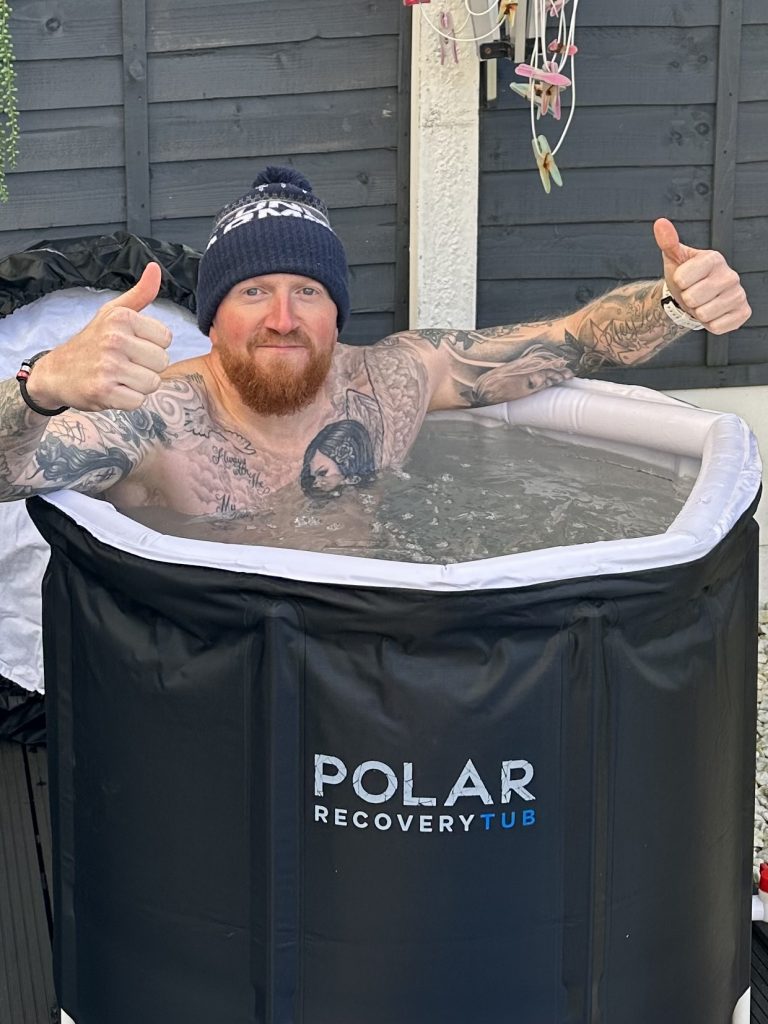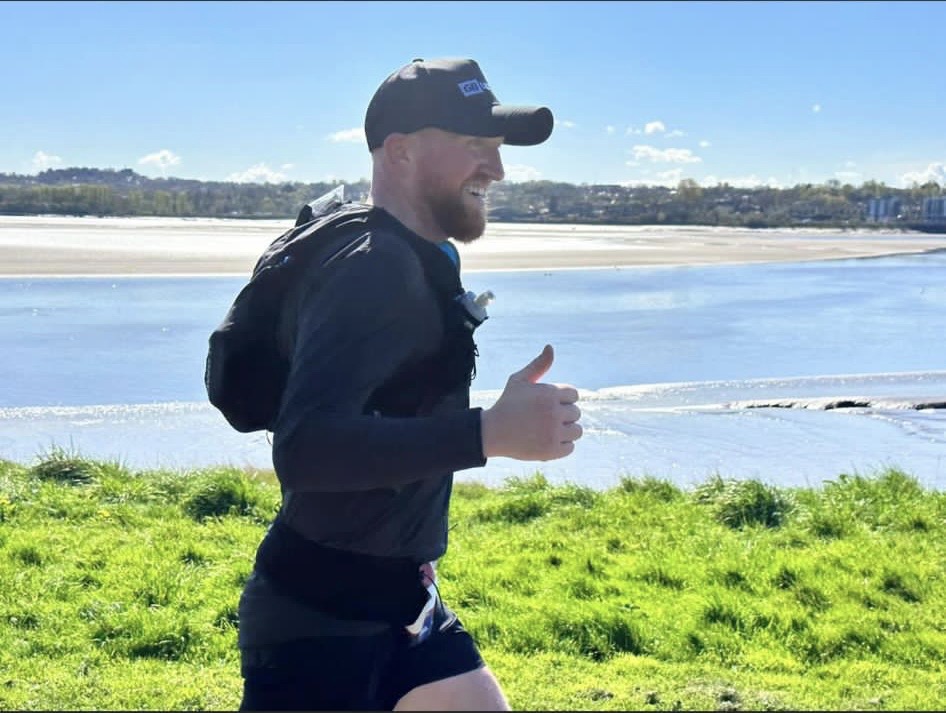Master your recovery. Whether you’re finishing a 50km ultra or grinding through mile 90 of a 100-miler, recovery isn’t just what happens after the race, it’s what prepares you for the next one.
Yet most people treat recovery like an afterthought…until burnout, injury, or total mental fatigue forces them to stop. With this guide, I aim to change that, so you can recover smarter, bounce back to running faster, and run longer.

Why Recovery Is the Ultimate Performance Enhancer
Recovery isn’t laziness, it’s adaptation. Every stress you place on your body (volume, terrain, elevation, heat) triggers damage, even if minor, that your body repairs only during rest.
Without rest and recovery, muscles don’t rebuild properly, the nervous system stays overstimulated, hormonal imbalances grow, injuries creep in and motivation starts to drop.
Personally, I treat my recovery as a mini training block after a race as I can’t afford to skip it, and you shouldn’t either.
Master Your Recovery With These 5 Steps
Here’s my 5 steps to quality recovery that has worked for me over the last few years.
Step 1 Understand the Recovery Timeline
0–48 Hours: Immediate Recovery: Prioritise hydration, electrolytes, and simple carbs. Light movement helps, so don’t just curl up on the couch. Quality sleep. Avoid alcohol, it slows tissue repair.
2–7 Days: Active Recovery: Gentle mobility, whether that’s walking, swimming, cycling or even yoga. Soft tissue work – foam roller or massage gun. Add protein and nutrient-dense foods to your diet. Short naps, especially if you’re sleep-deprived from the race.
7–14 Days: Structural Recovery: Slowly reintroduce low-impact volume. One or two short, easy jogs, only if you feel 100%. Review your race – what worked, what didn’t? Watch for false energy, feeling recovered before you’re fully healed. Stick to the structure.
Step 2 Track HRV and RHR (Heart Rate Metrics)
Heart Rate Variability (HRV) and Resting Heart Rate (RHR) are great internal markers of recovery. And easily trackable on today’s fitness watches and smart watches.
Elevated RHR = you are likely still fatigued or fighting inflammation still.
Unbalanced HRV = your nervous system hasn’t bounced back yet, give it more time.
If you use a good fitness watch or tracker, like a Garmin, Whoop or Oura, then you can monitor trends and daily swings which will give you insight into your recovery.
Step 3 Eat to Repair, Not Just Replenish
Ensure you consume key nutrients during recovery: Protein (aim for 1.2–1.6g per kg of weight per day) – this is for muscle repair. Omega-3s (fatty fish, chia or supplement) – this is to reduce the inflammation. Antioxidants (berries, greens or supplement) – this will support cell repair. Vitamin C – this will support joint and connective tissue recovery.
Step 4 Optimise Sleep
Sleep is the No. 1 recovery tool, its far more powerful than any supplement.
Tips: Block blue light at least 60 minutes before bed. No phones or screens. Keep your room below 18°C, a cooler room will improve deep sleep. Use a supplement like magnesium glycinate to help regulate sleep cycles. Try and sleep 1–2 hours more than usual post-race week. Add in naps, especially if sleep deprived from your race.
Step 5 Know When You’re Ready to Run Again
You’re ready when: Legs feel normal walking stairs again. Your resting HR is back to baseline. You feel mentally excited to run, not obligated to get back out there.
You’re not ready when: You’re “testing” your legs every day. You feel edgy, irritable, or anxious. Niggles or hotspots haven’t disappeared fully. Sleep still feels disrupted. Your HRV is still unbalanced.

Recovery Killers (and How to Avoid Them)
Racing again too soon – Build a post-race calendar with built-in recovery blocks.
Comparing yourself to others – Everyone is different and will recover at different paces.
Eating like you’re still racing – Adjust caloric intake based on actual output.
Using caffeine to mask fatigue – Let real rest reset your system. Take a caffein break.
Ignoring mental burnout – Try a non-running hobby.
Psychological Recovery
Recovery isn’t just physical. Ultra events can be mentally and emotionally taxing.
For psychological recovery, try: Journaling your race experience to process the highs and lows. Talking with crew/pacers to get outside perspective. Digital rest days where you unplug and disconnect from running content. Read my previous blog post Mental Training. And reconnect with your “why” during recovery. This sets the stage for your next goal.
Recovery Timeline by Race Distance
After completing a variety of ultra distances, I have tried different things with recovery, what works and what works well, here is an outline of recovery time back to full fitness, to give you some guidance.
50km: 7–10 days
50miles: 10–14 days
100km: 14–21 days
100miles: 3–4+ weeks
200miles+: 1–2 months or longer
Remember: Recovery isn’t linear. Listen to your body, listen to your watch.

Ultra running isn’t just about how far or fast you go; it’s about how well you recover so you can do it again. Smart runners rest with intention. They don’t grind when their bodies are asking for rest. They adapt, rebuild, and return stronger.
So instead of asking yourself, “When can I start training again?”
Ask: “What can I do today to support recovery that sets up my next performance?”
“You don’t get stronger by running. You get stronger by recovering from running.”


Leave a Reply